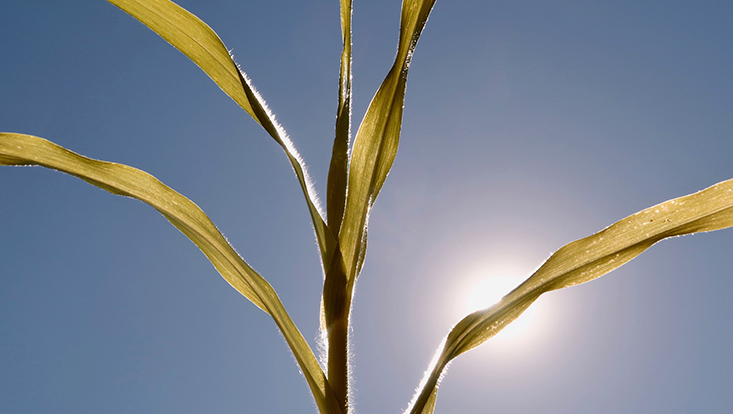Women in Plant Science:Special publication on “Redox Biology of Plant Abiotic Stress”
15 August 2023, by Website Team Biologie

Photo: pixabay
In collaboration with the Department of Biology, an all-women editorial team has compiled a collection of articles on the topic redox biology of plant abiotic stress.
This special Issue provides an overview of recent advances in the field of redox biology, particularly abiotic stress tolerance. At the same time, it raises the visibility of women and encourages their collaboration and networking by publishing on a widely visible open access platform. For all of the articles, women are corresponding authors.
The papers not only highlight the importance of redox biology in plant responses to a wide range of abiotic stresses, but also present advances in our knowledge, research approaches, and methods with potential applications in agriculture. Three review articles summarize current concepts in redox biology, particularly post-translational modifications and the role of oxidative metabolism in plant responses to abiotic stresses. The original papers cover topics such as nanoplastics, herbicides, and heat and cold stress. A phosphoproteome study demonstrates the regulation of reactive oxygen production using NADPH oxidase from spruce. Finally, advancement of a chip (dual-flow RootChip) is presented, which, in combination with a reporter gene, can be used to study cytosolic calcium levels under stress conditions in a split root system.
Further information on the publication: https://fro.ntiers.in/WomenInAbs
Original publication
Editorial:
Romero-Puertas MC, Lüthje S, Zabalza A, de Gara L and Foyer CH (2023) Editorial: Women in plant science - redox biology of plant abiotic stress 2022. Front. Plant Sci. 14:1236150. doi: 10.3389/fpls.2023.1236150
e-Book:
De Gara, L., Romero-Puertas, M. C., Foyer, C. H., Lüthje, S., Zabalza, A., eds. (2023). Women in plant science - redox biology of plant abiotic stress 2022.Lausanne: Frontiers Media SA. doi: 10.3389/978-2-8325-3120-4


